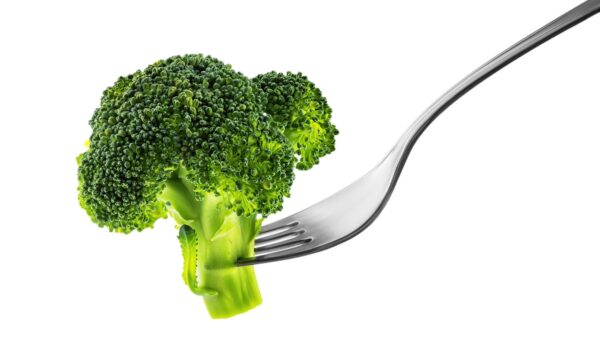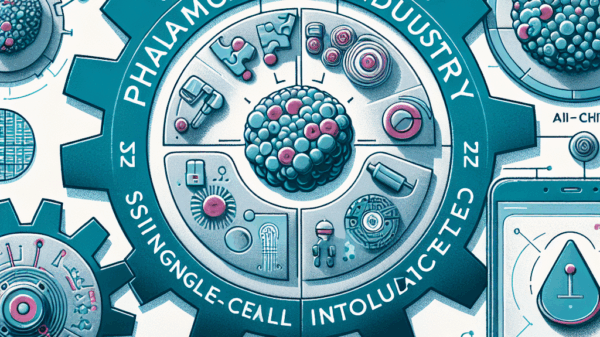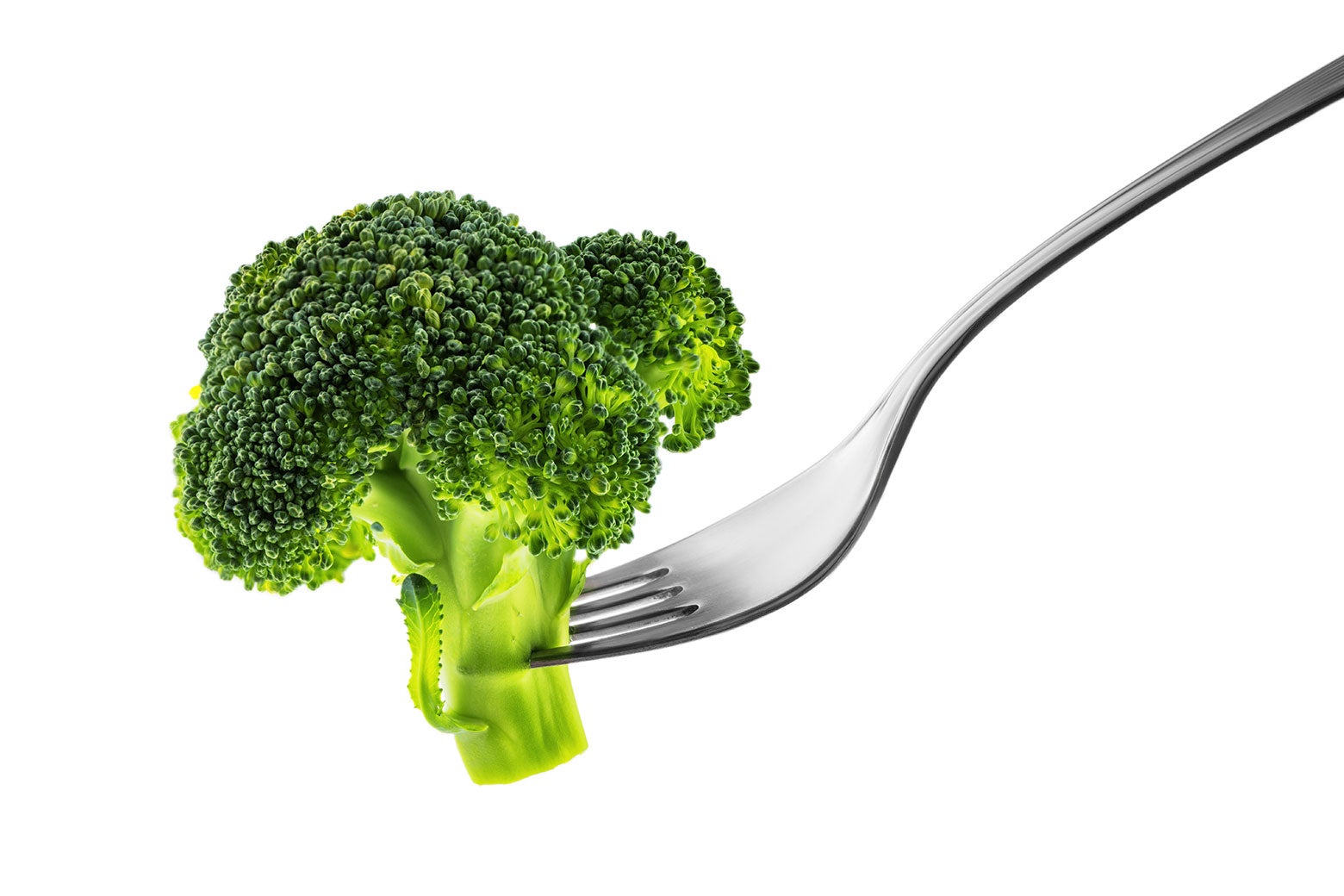UPDATE: New research has just revealed a potential link between consuming cruciferous vegetables, such as broccoli, and a reduced risk of colon cancer. However, experts are urging caution, emphasizing that the findings should not be overstated.
The study, published in a recent scientific journal, indicates that individuals who consume higher quantities of these vegetables may experience up to a 17% reduction in colon cancer risk. This claim is based on a systematic review of observational studies, analyzing data from 17 separate studies.
While the headlines suggest that a few florets of broccoli could significantly cut cancer risk, experts warn that the evidence is far from conclusive. The review aggregates findings from various studies that asked participants about their dietary habits. This method raises concerns about the accuracy of self-reported food intake, as many individuals may misrepresent their diets.
Epidemiologists stress that while there appears to be a correlation, the association does not imply causation. Factors such as socio-economic status, lifestyle choices, and access to healthcare can influence both diet and health outcomes. As one of the study’s authors articulated, “This meta-analysis suggests a potential inverse association between higher CV [cruciferous vegetables] intake and CC [colon cancer] incidence. However, these findings should be interpreted cautiously due to methodological limitations.”
This statement underscores the uncertainty surrounding the claim. It is crucial for the public not to jump to conclusions about broccoli being a cancer-fighting superfood. Experts emphasize that while broccoli and other vegetables are part of a healthy diet, they should not be seen as a guaranteed preventive measure against cancer.
The growing media frenzy surrounding the study’s findings highlights a persistent trend in health reporting, where research is often sensationalized. While the benefits of a diverse and balanced diet are well-documented, specific foods and their direct impact on diseases remain complex and poorly understood.
For now, health experts recommend maintaining a well-rounded diet rich in various fruits and vegetables, rather than fixating on individual foods. The advice is clear: enjoy your broccoli, but do not rely solely on it to protect against colon cancer.
As this story develops, readers are encouraged to stay informed about the latest research and consult healthcare professionals for personalized dietary advice.


































































